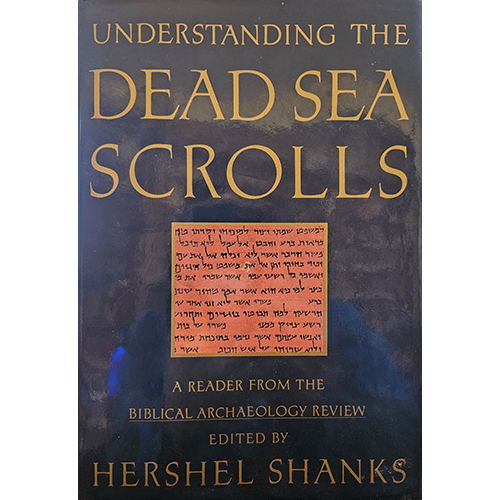Description
Author Hershel Shanks
Publisher Random House 1992
Format hardcover with dustjacket
Condition like new
Summary
"Understanding the Dead Sea Scrolls" is a compelling collection of essays curated from the Biblical Archaeology Review, edited by renowned scholar Hershel Shanks. This anthology offers an accessible yet authoritative examination of one of the most significant archaeological discoveries of the 20th century. Through contributions from leading experts, the book explores the origins, historical significance, and theological impact of the Dead Sea Scrolls, shedding light on their connection to Judaism, early Christianity, and biblical scholarship.
What sets this volume apart is its engaging and reader-friendly approach to complex scholarly debates, making it an essential read for history enthusiasts, religious scholars, and anyone fascinated by ancient texts. The essays delve into the controversies surrounding the Scrolls' translation, their preservation, and the long-standing debates over their interpretation. Readers will gain valuable insights into the Qumran community, the possible authors of these manuscripts, and how these ancient writings challenge and enrich our understanding of religious history.
For those interested in biblical archaeology, theological studies, or ancient history, Understanding the Dead Sea Scrolls provides a thought-provoking journey into a discovery that continues to reshape our understanding of the past.
